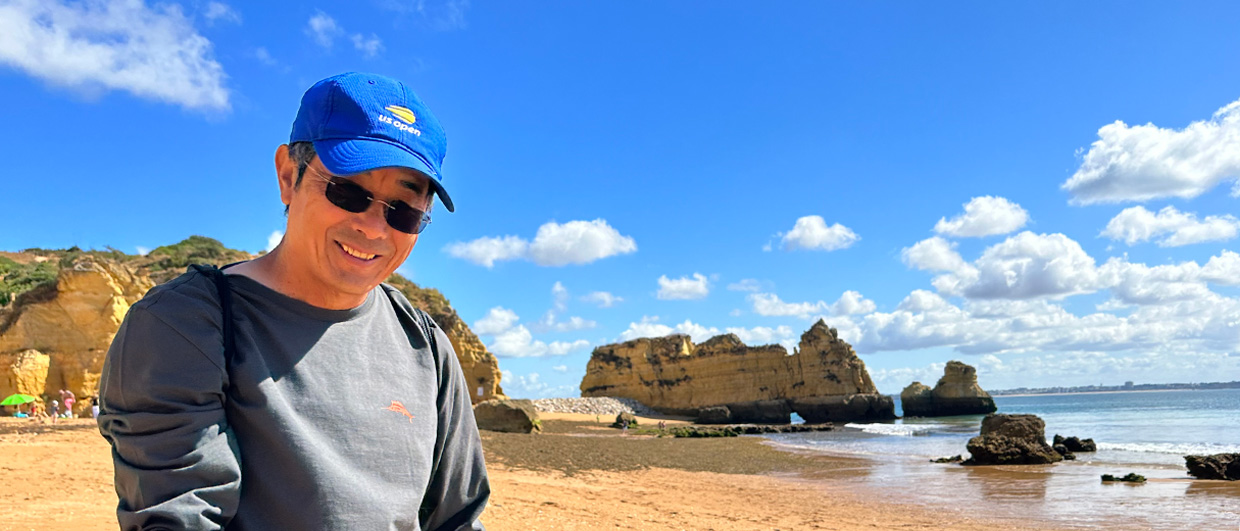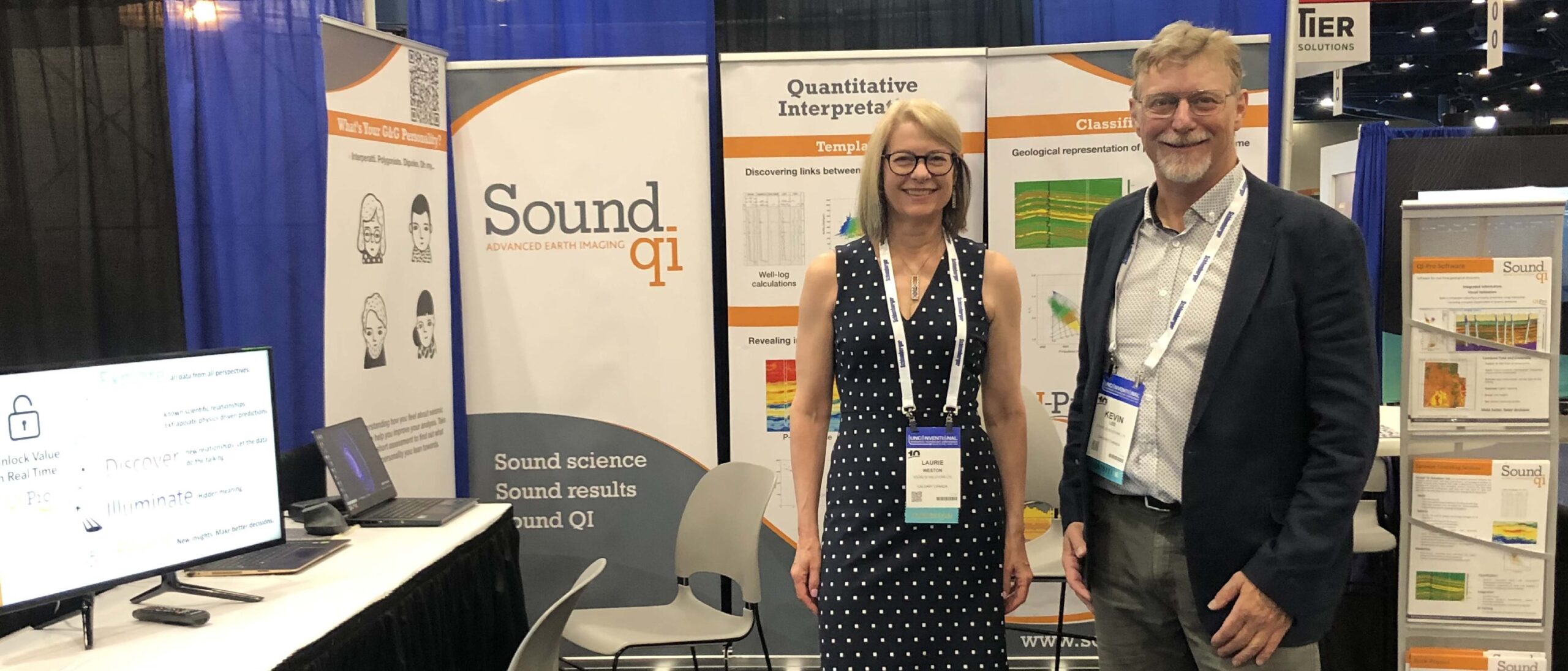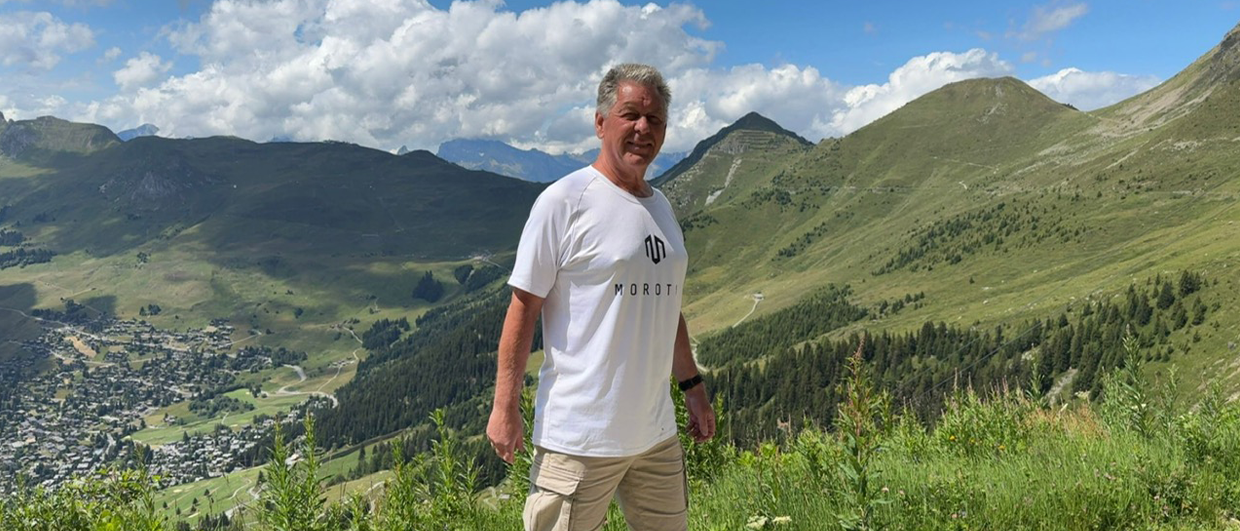What ambitions have you for the SPE during your year as President?
These centre around globalizing SPE further, making it a truly international society where every member, wherever they live, regards it as their own. We now have 170 local sections worldwide, with regional offices in London, Kuala Lumpur, Dubai, and Moscow. A few years ago I convinced the SPE International Board to start holding the Annual Technical Conference and Exhibition where their members lived – internationally, not just in the US – so the 2010 annual meeting will be held in Florence, Italy. Language is obviously a impediment to globalization, but we will soon issue a Russian-language regional periodical and we will do similar publications in other languages if there is demand. Over the last 5 years, SPE’s main growth in professional membership has been in Russia, the Middle East, India, Northern Asia, and South America, with membership split roughly 50-50 between US and non-US citizens. However, more than 70% of our 18,000 student members are non-US nationals. I want to find ways to address these students and keep them on board when they are ready to find a job. We need to enthuse young people and help them choose our industry for a career.
What prompted you to stand for office with SPE?
As with many things, I just fell into it. I have been a member of SPE all my working life. I wrote a few papers, presented them at conferences and, without realizing it, started to build a network across the industry. When I returned to The Hague from Canada, I became program chair of the local SPE section. Later I was elected chairman of The Hague Section and also was invited to serve on a few industry committees, before being elected to the Board of SPE International. Once on the board I was quite active, particularly in making SPE a truly global society, and was then nominated for the President’s position for 2009 and was elected by the nominating committee last year.
You have a background in science and mathematics. Can you tell us why the hydrocarbon industry appealed to you?
After finishing my PhD, I applied for a job with Shell Research, as did many scientists with my background. They suggested I approach the research people in Shell E&P laboratories in Rijswijk, and I really liked the atmosphere of down-to-earth applied research. I also liked the enormous freedom researchers were given in those days. I was intrigued by the flow of so-called ‘non-Newtonian’ fluids (‘silly-putty’ type liquids), so flow dynamics became my research topic, and I was given great support by Shell.
Do you have an optimistic or a pessimistic view of the future of the energy industry?
As SPE President, my message to the young is that the world is not running out of oil. There is plenty for the next 100 years, but it is increasingly difficult to extract and we will need the best and brightest minds to do that. Now there’s a technology challenge that should appeal to young people! So my view is optimistic, though our industry will have to face huge hurdles in the coming decades. These can only be tackled by working together on a global scale, as individual companies cannot solve them, requiring knowledge sharing on an unprecedented scale. SPE has a role to play here.
If you could change one single thing in the industry, what would it be?
Global cooperation instead of global competition and nationalism. I would also like to see all relevant engineers from the National Oil Companies becoming members of SPE.





